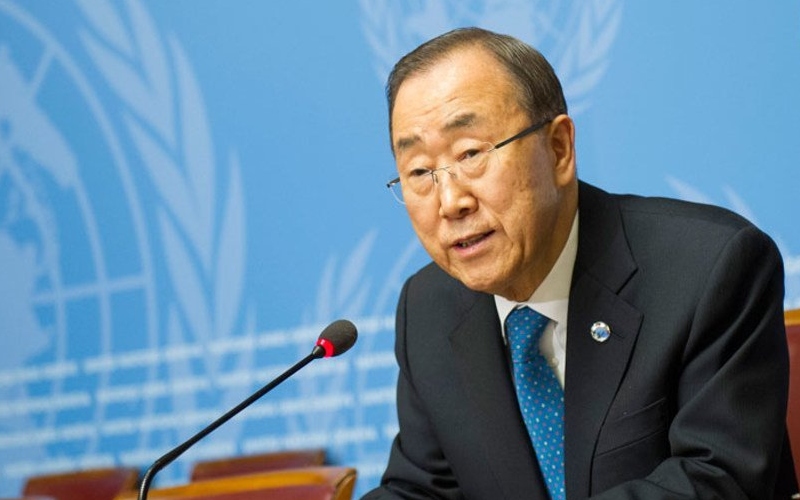Opinion: What public officers can learn from handling of protestors' cash

Some Kenyans couldn’t believe that the Sh30 million raised was being utilised accordingly and the person in charge remained accountable all through despite distractions from critics.
“How does Hanifa still have Sh9 million?” someone asked on Twitter at the weekend. The tweep was referring to the funds raised by Kenyans to help the youth injured during recent Gen Z-led protests and the families who lost loved ones.
Hanifa Adan, a journalist-cum-activist, took charge of the funds that were raised through M-Changa, an online fundraising platform. The question arose from the fact that Hanifa had been updating Kenyans on how the money was being spent.
More To Read
- Gen Z protests in Kenya: Key facts (2024-2025)
- UN human rights experts visit Kenya privately amid concerns over crackdowns, civic freedoms
- Kigame seeks court nod for private prosecutions over 2024–2025 protest abuses
- Police to deploy senior investigators as Rex Masai inquest uncovers new witnesses
- Morocco charges 2,480 in Gen-Z protests over poor governance, health and education
- Madagascar military backs protests, installs new army chief amid anti-government uprising
Some Kenyans couldn’t believe that the Sh30 million raised was being utilised accordingly and the person in charge remained accountable all through despite distractions from critics.
Another wrote said: “I am so glad we are seeing what these amounts can do. She had paid hospital bills, and funeral costs, given money to families of the bereaved, bought mobility aids for those who got paralysed and Sh9 million remains. Imagine how much of what we lose to corruption can do. We’d be a first world.”
Hanifa's commitment to providing regular updates and accounting for every transaction is commendable and should serve as a benchmark for public office holders. Transparency is undoubtedly crucial in maintaining trust, especially when dealing with money collected from the public. Our problems are partly caused by the gap between public expectations and the realities of managing substantial public funds.
Transparency in managing public funds is fundamental to building and maintaining trust in government institutions. Public funds, unlike privately raised donations, are sourced from taxpayers and are meant to serve the collective interest of the population. The debate around Hanifa’s meticulous reporting on the utilisation of the funds brings to the fore a deeper concern about how public funds are managed.
Integrity
Public officials or entities entrusted with public money are expected to handle the resources with utmost integrity. The challenge, however, lies in ensuring that this trust is not misplaced. The current discourse reveals a broader frustration with the often-opaque nature of public fund management and the lack of accountability among those in charge.
The perception of mismanagement or misuse of public resources often stems from a lack of transparency and accountability. Corruption siphons off valuable resources that could otherwise be used to improve public services and infrastructure.
The scrutiny faced by Hanifa, in this case, highlights a crucial point: Accountable use of funds increases public trust, as opposed to the inefficiencies and corruption often associated with public administration. It is a reminder of the benefits of transparency and the need for systemic reforms to ensure that public funds are managed effectively.
Several steps can be taken to improve the management of public funds. First, there needs to be a commitment to greater transparency in how funds are allocated and spent. Detailed reporting and public access to information about financial transactions can help build trust and reduce suspicions.
Second, there should be robust mechanisms for auditing and oversight. Independent audits can provide an additional layer of assurance that funds are being used appropriately and that any discrepancies are addressed promptly.
Finally, fostering a culture of accountability is crucial. This involves not only enforcing existing regulations but also encouraging a mindset of responsibility and integrity among those entrusted with managing public resources.
Public officials and administrators must be held accountable for their actions and decisions to prevent misuse and ensure that funds serve their intended purpose.
Top Stories Today












































